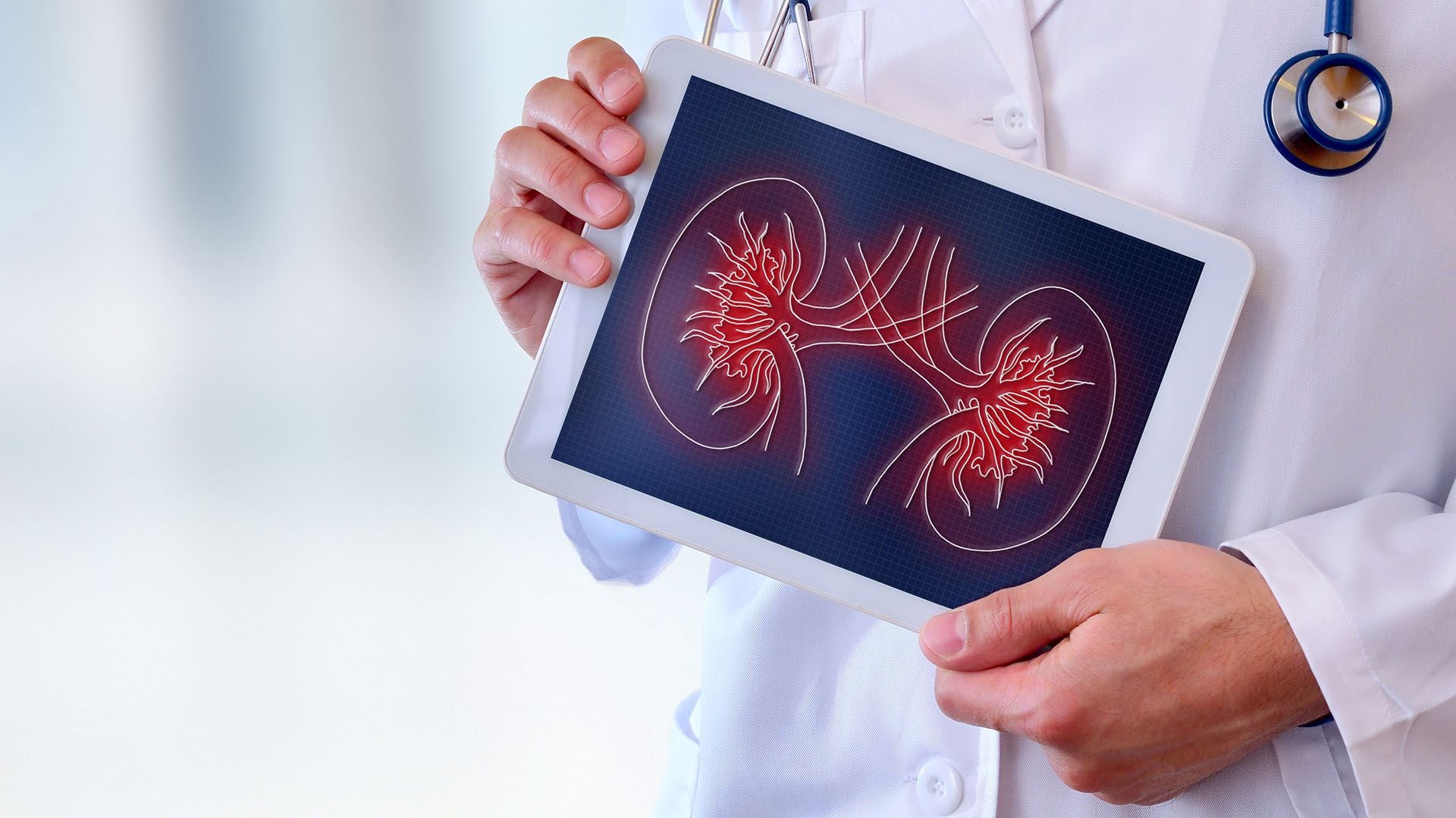
The pandemic put science at numerous crossroads, one of which is linked to organ donation, whose safety was questioned when the potential donor is a carrier of COVID-19.
In this way, the already permanent shortage of organs was aggravated by the health crisis generated by the SARS-CoV-2 virus, especially the abdominal ones, and the discard rate increased due to the risks that a donor infected with coronavirus can supposedly carry. Donating donors infected by the virus could help mitigate the effects of the pandemic's organ shortage, recovering those that have been discarded so far. But very little is known about optimal donor selection and recipient management techniques.
According to a new study, organ donation from donors who had tested positive for SARS-CoV-2 appears to be safe and would not cause COVID-19 in the patient receiving the donor organ. The preliminary research was presented at this year's European Congress on Clinical Microbiology and Infectious Diseases.
Carmen Wolfe and Emily Eichenberger and their colleagues at Duke University School of Medicine, in Durham (North Carolina, United States), presented in this preliminary study their institutional protocol and the first results for abdominal organ transplantation with coronavirus-positive donors from September 2021.
Although not all organs from COVID-19 positive donors are eligible for transplantation, donors were evaluated taking into account the type of organ, duration and severity of the coronavirus disease they suffered from, if there were any signs of hypercoagulable disease (which means a potential increase analysis of coagulation in the donated organ or vessels), as well as careful general inspection at the time of obtaining the organ. The urgency of transplantation for the recipient was also taken into account when assessing the risk.
For example, if the virus was found at the base of the lungs, the lungs were considered unsuitable for transplantation, but other organs could still be safely transplanted, as long as the donor did not die of severe hyperinflammatory COVID-19 or showed signs of excessive clotting.

According to the study authors, even after this, doctors should continue to consider the ultimate cause of donor death and weigh whether this is likely to have a negative impact on organ quality and/or surgical risk. To further reduce the risk of transplantation, recipients are now advised to be fully vaccinated against COVID-19 prior to surgery, although recipients will not always have that opportunity. All four organ recipients in this study were not vaccinated.
Although a vaccinated donor is also desirable, as it likely reduces the risk of serious inflammation of the organ, the fact that the donor is not vaccinated or negative, would not prevent the use of good quality organs from donors infected with COVID-19, according to the authors.
Dr. Eichenberger explained that “being unvaccinated can increase the risk of severe COVID-19 in transplant patients due to immunosuppressive drugs they receive after transplantation. Therefore, we strongly encourage our patients on the waiting list to get vaccinated. However, not being vaccinated does not remove anyone from the waiting list for organ transplants at our institution at this time.”
In this study, the team detailed the first 6 abdominal organ transplants performed with the protocol (2 livers, 2 kidneys/pancreas transplanted together) in 4 recipients who used organs obtained from 4 donors that tested positive for COVID-19 in nose-throat and/or lung samples.
The specialists, in their protocol, evaluated the donors with an additional review of the quality of the organs. The biopsies performed at 4 were subjected to a macroscopic and/or microscopic review in order to ratify or rule out the viability of the organ. All donors tested positive for SARS-CoV-2 during their terminal illness. One of them died of complications due to a serious COVID-19 infection, including lung clots, and another died of a polymicrobial brain abscess likely triggered by a history of COVID-19.
On the other hand, the remaining two suffered from a mild to moderate case of COVID-19 and died from other causes, one from a stroke due to cerebral hemorrhage and the other from a drug overdose.
All 6 abdominal organs had stable graft function, with a mean duration of follow-up of the recipient of 46 days and there was no unexpected rejection. No recipient acquired the COVID-19 infection through the transplant and there was no transmission from health personnel.

It was reported that one of the heart-liver recipients needed a new heart transplant due to unrelated surgical complications and a coronary thrombus (obstruction in an artery) of the transplanted heart. The new heart transplant, which was carried out urgently, was successful and for this purpose a donor with COVID-19 positive who was asymptomatic and died from a gunshot wound was used again.
Dr. Eichenberger stated that, “although limited, experience to date supports the use of abdominal organs from COVID-19 positive donors as safe and effective, even for people who are actively infected or have lung disease caused by COVID-19.”
The expert added that, although her study was preliminary and only covers these first six patients, Duke's team has already performed 20 abdominal organ transplants using the protocol, the results of which will serve as the basis for future abstracts or research articles.
However, he admitted that in transplant centers around the world, tests with organs from donors infected with coronavirus are still beginning and more studies are needed to confirm these early investigations whose results were promising.
KEEP READING
Últimas Noticias
Debanhi Escobar: they secured the motel where she was found lifeless in a cistern
Members of the Specialized Prosecutor's Office in Nuevo León secured the Nueva Castilla Motel as part of the investigations into the case

The oldest person in the world died at the age of 119
Kane Tanaka lived in Japan. She was born six months earlier than George Orwell, the same year that the Wright brothers first flew, and Marie Curie became the first woman to win a Nobel Prize

Macabre find in CDMX: they left a body bagged and tied in a taxi
The body was left in the back seats of the car. It was covered with black bags and tied with industrial tape
The eagles of America will face Manchester City in a duel of legends. Here are the details
The top Mexican football champion will play a match with Pep Guardiola's squad in the Lone Star Cup

Why is it good to bring dogs out to know the world when they are puppies
A so-called protection against the spread of diseases threatens the integral development of dogs




